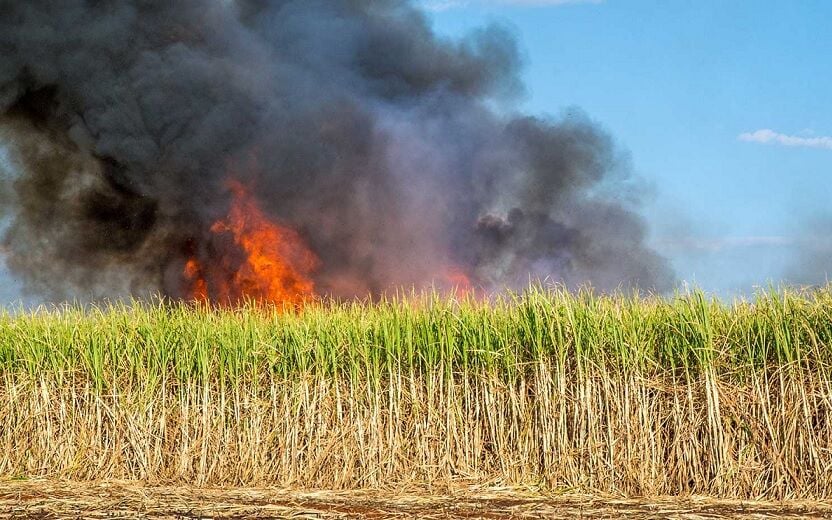Thai government approves 8 billion baht scheme to tackle PM2.5 pollution

To mitigate the escalating PM2.5 pollution problem, the government recently approved a scheme worth 8 billion baht designed to incentivise sugarcane farmers to modify their harvesting methods. The initiative, which is set to be implemented in the 2022/23 harvest year, encourages farmers to cut fresh sugarcane without burning the residue, a practice known to be a significant contributor to the pollution issue.
The state-owned Bank for Agricultural and Agricultural Cooperatives will be the source of the funding for the scheme, confirmed Deputy Spokesperson for the Government Rudklao Suwankiri. Participating farmers who harvest their crops without burning the residue will receive a compensation of 120 baht per tonne.
This decision by the Cabinet aligns with a resolution made during a meeting of the Cane and Sugar Board, led by the permanent secretary of the Industry Ministry on September 28. The resolution called for the support of sugarcane farmers via a budget not exceeding 8 billion baht.
The government is acutely aware of the pressing need to tackle the PM2.5 pollution problem, which worsens annually and impacts the health of millions of individuals, explained Rudklao. The government has therefore opted to incentivise agricultural practices that help in addressing this issue, coupled with seeking increased cooperation with neighbouring countries.
Ensuring the scheme’s compliance with World Trade Organisation (WTO) agreements, Rudklao insisted that the incentives provided do not contravene any international trade regulations. The scheme is designed to assist sugarcane farmers in cutting fresh sugarcane, thereby reducing air pollution and PM2.5 dust.
This scheme aligns with the WTO’s Green Box provisions, which allow for environmental protection measures in agriculture that do not negatively impact production and commodity prices.
The upcoming 2023-24 crop year is predicted to produce an estimated 82.4 million tonnes of sugarcane. Domestic sugar consumption is projected at 2.57 million tonnes, equivalent to 25.7 million sacks.
In a bid to further support the sugar industry, the cabinet endorsed a two-baht increase in the domestic sugar price on November 14 to better align with higher production costs. However, an additional 2-baht increase earmarked for the Cane and Sugar Fund for environmental purposes was rejected.
The panel’s decision was rooted in the belief that consumers should not shoulder the burden of this cost, reported Bangkok Post.
Latest Thailand News
Follow The Thaiger on Google News:


























